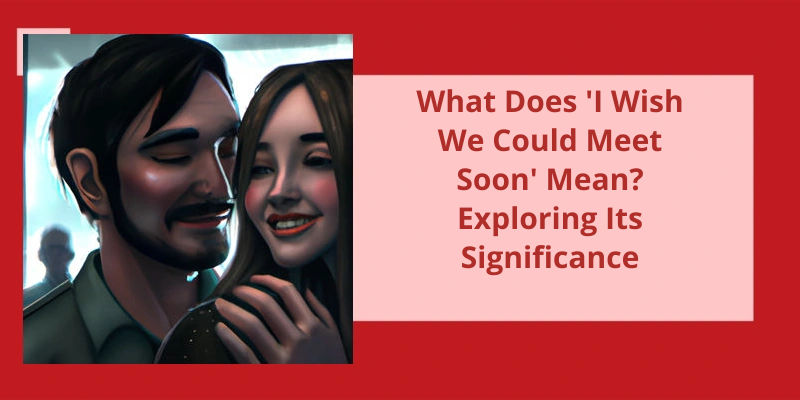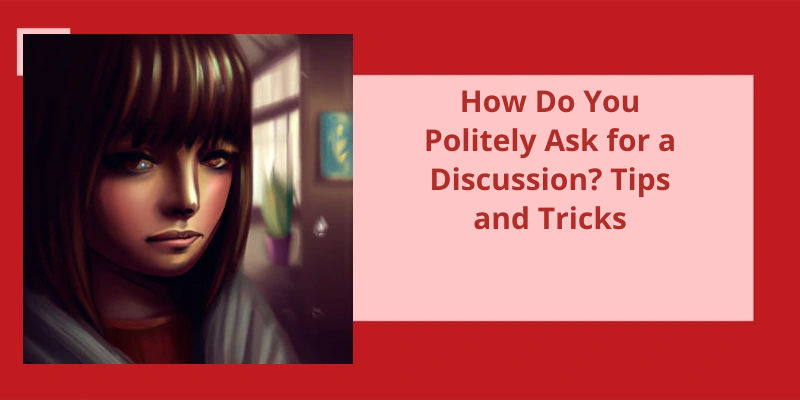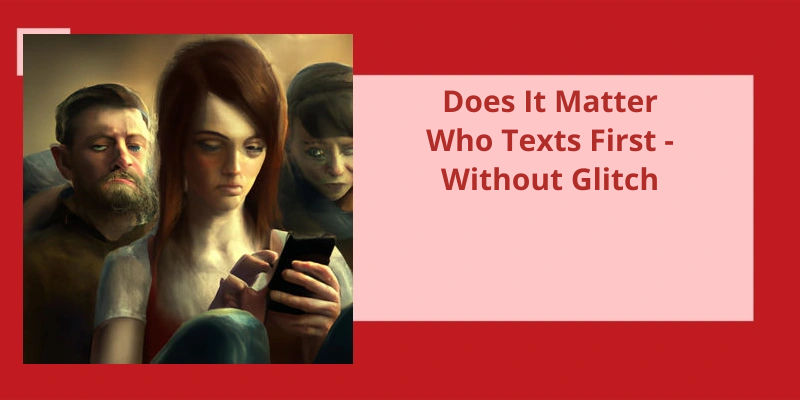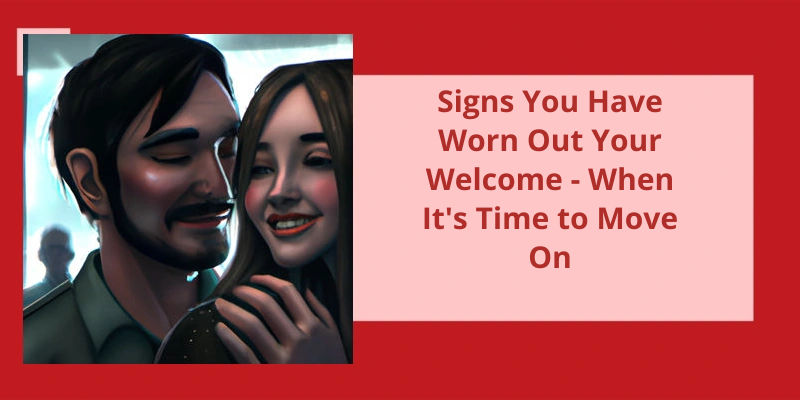"I wish we could meet soon" is a simple yet powerful statement that conveys an unexplainable longing to connect with someone in person. It’s a phrase that encapsulates the emotions of a person who yearns to bridge the distance and embrace their loved one. It’s a universally relatable sentiment that’s often expressed by individuals separated by oceans, continents, or even just a few miles. The phrase echoes the overwhelming desire to share experiences, make lasting memories, and strengthen relationships. In essence, "I wish we could meet soon" speaks to the inherent need for human connection, reinforcing the importance of physical interactions in a world dominated by digital experiences.
What Does Wish We Could Meet Mean?
They may feel a strong connection to this person, or may simply be interested in getting to know them better. The phrase is often used in a romantic context, but it can also be used in a friendly or professional context as well.
There are many reasons why someone might say “I wish I could meet you.”. For some, it may be the first step towards building a relationship with someone who they feel a strong connection to. For others, it may simply be a way of expressing their admiration or appreciation for someone they’ve never met before.
In some cases, the desire to meet someone may be driven by a sense of curiosity or fascination. For example, someone might say “I wish I could meet you so I could hear more about your work” or “I wish I could meet you so I could learn more about your culture.”
The Risks and Precautions of Meeting Someone for the First Time in Person.
- Meeting someone for the first time in person can be risky.
- Always meet in a public place.
- Tell a friend or family member where you’ll be and who you’ll be with.
- Trust your instincts and be prepared to leave if something doesn’t feel right.
- Consider video chatting or talking on the phone before meeting in person.
- Do your own research online to verify the person’s identity and background.
- Avoid sharing personal information, such as your home address or financial details.
Now that we know the meaning of “I wish I could meet you once in my life” in Hindi, let’s explore the significance and emotions behind this phrase.
What Is the Meaning of I Wish I Could Meet You Once in My Life in Hindi?
The phrase “I wish I could meet you once in my life” is a universal expression of longing for someone who isn’t within reach for a particular reason. The phrase is said with a sense of desire to connect with someone who’s perhaps in a different part of the world or is simply unavailable for some other reason. It may be used in a romantic or platonic context and can be spoken to a friend, family member, or someone the speaker admires.
In Hindi, “I wish I could meet you once in my life” translates to “Kaash Main Aapse Mil Pata!”. This phrase holds a similar meaning as it’s English counterpart. The word kaash in Hindi means if only or I wish and aapse refers to you. Mil Pata is the phrase denoting that the speaker could meet the individual in question. The emphasis is on a once-in-a-lifetime opportunity missed.
The use of this phrase can stem from different reasons. It could be a desire to meet a long-lost relative who’s since migrated to another country, the need to see an artist perform live who isn’t within reach, or meeting someone the speaker has come to admire from afar. The expression is emotional in nature and often shows how much the person yearns to see the other individual.
In Hindi, a more authentic way of expressing this feeling is “Tumhe sirf ek baar dekhne ki khwahish hai” which translates to “I’ve a desire to see you just once.”. It’s a direct and heartfelt way of expressing the speaker’s feelings and is commonly used in Hindi cinema to portray romanticism.
In Hindi, the translation Kaash Main Aapse Mil Pata carries a similar meaning, and it’s a colloquially used expression used to convey the same feeling. It’s a phrase that can be used in different contexts and shows how much the person desires to connect with the other individual, even if it’s only once.
When someone suggests meeting up in the future, many of us are often unsure about how to respond. While some may feel inclined to say yes right away, others may feel hesitant about committing to a specific date and time. In situations like this, it’s important to respond in a way that’s both polite and genuine. If you’re interested in meeting the person at some point, a simple “I hope so too” can be a great way to express your interest without making any concrete plans just yet.
How Do You Respond to Let’s Meet Someday?
I believe that this response is a polite and non-committal way to express interest in meeting someone without making any concrete plans. It allows for the possibility of a future meeting while also leaving the door open for either party to initiate the actual scheduling of the meeting.
Additionally, by responding in this way, you’re acknowledging the other persons suggestion and indicating that it’s been heard and appreciated. This can help to build rapport and goodwill between you and the other person, which can be beneficial in a variety of contexts.
Of course, if you’re genuinely interested in meeting the person, it may be appropriate to suggest a specific time or place for the meeting. However, if you aren’t yet sure about your availability or aren’t comfortable making specific plans at this time, responding with a non-committal phrase such as “I hope so too” can be a good way to keep the conversation open and avoid committing to something that you may not be able to follow through on.
Ultimately, the way that you respond to a suggestion to meet someone depends on a number of factors, including your level of interest in meeting the person, your current schedule and availability, and your comfort level with making plans. However, by responding in a polite and non-committal manner, you can keep the lines of communication open and maintain the possibility of a future meeting.
When It Is Appropriate to Suggest a Specific Time or Place for a Meeting
- When everyone attending the meeting is available at a specific date and time.
- When the meeting requires a specific location or setting, such as a conference room.
- When scheduling a meeting with outside parties who may have limited availability.
- When discussing time-sensitive topics that require immediate attention.
- When trying to avoid scheduling conflicts with other important events or meetings.
Language is a complex system that allows for nuance and variation. In English, small changes in phrasing can convey different connotations and tones. This is often the case when expressing hope to meet someone. While both “hope to meet you there soon” and “hoping to meet you there soon” are correct, the latter suggests a sense of immediacy and anticipation.
Is Hope to Meet You Soon a Correct Sentence?
Meanwhile, “hope to meet you there soon” is more of a declaration of intention, like saying “I plan to meet you there soon.”. Both expressions convey a similar message, but the tone and context may vary depending on the speakers intentions and the situation.
Using the gerund form can make the sentence sound more casual and conversational, while using “hope to” can make it sound more formal or polite. For instance, if youre writing a formal email to someone you don’t know well, you might use “hope to meet you soon” as a polite way to express your desire to meet them in the future.
On the other hand, if youre texting a friend about an upcoming event, you might say “hoping to meet you there soon” to show that youre excited about going and looking forward to seeing them. In this scenario, the gerund form can convey a sense of enthusiasm or anticipation.
It’s worth noting that both forms are grammatically correct, and neither is inherently better or worse than the other. It’s more a matter of personal preference and context. Depending on the situation and the relationship between the speakers, one form may be more appropriate than the other.
Consider your tone, your relationship with the person youre addressing, and the context of the conversation or message to decide which form is best for your purposes. And above all, remember that the most important thing is to express your genuine desire to meet the person and to do so in a way that feels authentic and sincere.
It’s a way of acknowledging the importance of a conversation without committing to a specific time or date. Whether in a personal or professional setting, this phrase often leaves the recipient wondering about the topic at hand and eagerly anticipating the next conversation. So, what exactly can be expected from a conversation that begins with “we’ll talk soon”? Let’s explore.
What Does We’ll Talk Soon Mean?
Usually, this type of phrase is used in a more casual, informal setting. It can be spoken between friends, family members, coworkers, or acquaintances to suggest a future conversation without committing to a specific date or time. It’s a polite way to end a conversation and let the other person know that you’re interested in continuing the interaction.
When someone says “well talk soon,” it’s a way to keep the lines of communication open. Whether it’s to catch up with an old friend, follow up on a work project, or discuss a potential collaboration, this phrase generally indicates that the person wants to keep in touch and values the connection.
It’s not always clear what the other person means exactly and the phrase can sometimes be used as a way to avoid committing to a more concrete plan. For example, someone might say theyll talk soon when they don’t actually have the time or interest to carry on the conversation.
If you hear “well talk soon” from someone and want to ensure that the conversation actually occurs, it’s a good idea to follow up with a specific suggestion for when to talk. You could say something like, “Great, lets plan on talking next week. What day works for you?”. This way, you’re making concrete plans and giving the other person an opportunity to commit to a specific time.
It’s important to follow up with more specific plans if you want to ensure that the interaction actually occurs. Whether youre catching up with a friend or discussing business matters, clear communication is key to making sure that everyone is on the same page.
Different Ways to Say “We’ll Talk Soon” and Their Meanings
In this article, we discuss alternate phrases that can replace “we’ll talk soon” and their implied meanings.
Now that you’ve learned how to use “meet soon” in a sentence, let’s explore some other phrases that can help you make arrangements and express your plans.
How Do You Use Meet Soon in a Sentence?
When it comes to using “meet soon” in a sentence, there are many ways to incorporate it into your everyday speech. For example, if you and your friend are trying to make plans to hang out, you can say, “Lets make sure we meet soon to catch up.”. This lets your friend know that you’re looking forward to seeing them and that you want to prioritize spending time together.
If you’re making plans for a business meeting, you might also use “meet soon” to indicate that you’d like to schedule a meeting in the near future. For instance, you might say, “I think it would be best if we meet soon to discuss these issues in person.”. This gives your colleagues a clear idea of your priorities and shows that you’re committed to finding solutions to the problems at hand.
You might say, “I hope you can make it to my birthday party next week. Lets make sure we meet soon so that I can give you all the details.”. This lets your friend know that you value their presence and that you’re excited to share the occasion with them.
This highlights your enthusiasm and lets everyone know that you’re looking forward to the trip.
Whether you’re making plans with friends, family, or colleagues, incorporating this phrase into your speech can help you communicate your intentions clearly and effectively.
Alternative Phrases for “Meet Soon” in Different Contexts
- Get together shortly
- Connect in the near future
- Arrange a rendezvous
- See each other in the coming days
- Plan a meet-up
- Schedule a face-to-face
- Organize a get-together
- Set up a meeting in the next few days
- Make arrangements to meet
- Get in touch to arrange a meet
Source: Examples of “Meet” in a Sentence | YourDictionary.com
Conclusion
It signifies a desire to establish or strengthen a personal connection with the other person, which may be hindered by distance or circumstance. The phrase reflects the human need for social interaction and companionship, especially in the current era of social isolation. Ultimately, it’s a heartfelt expression of hope and longing for a deeper connection with someone, and highlights the importance of genuine human interaction in our daily lives.






